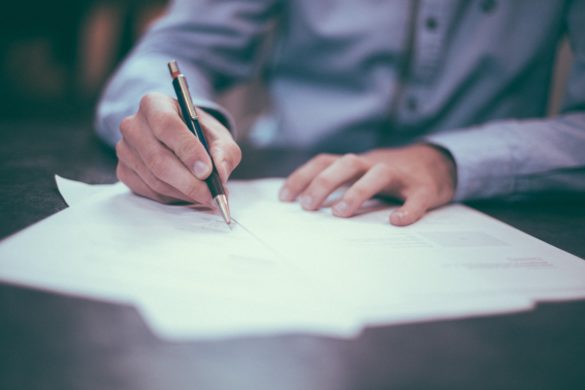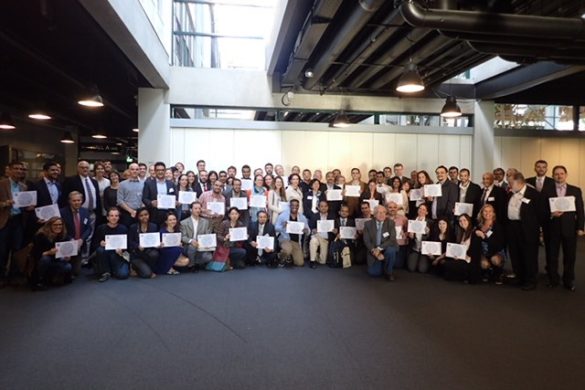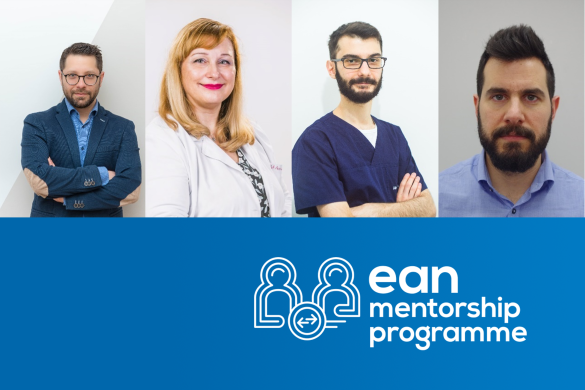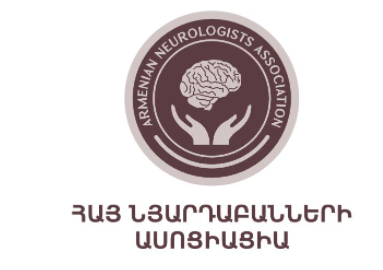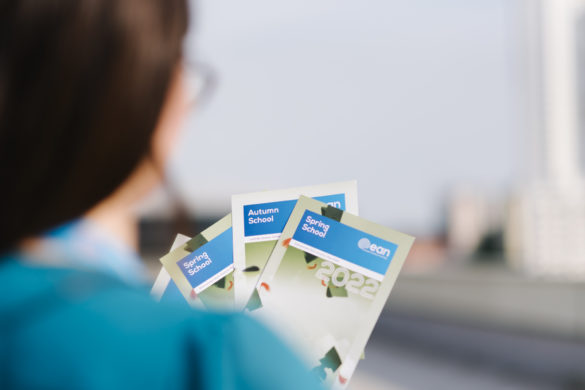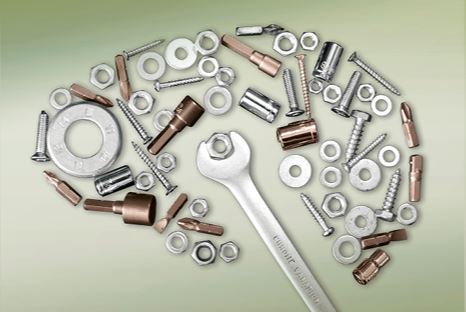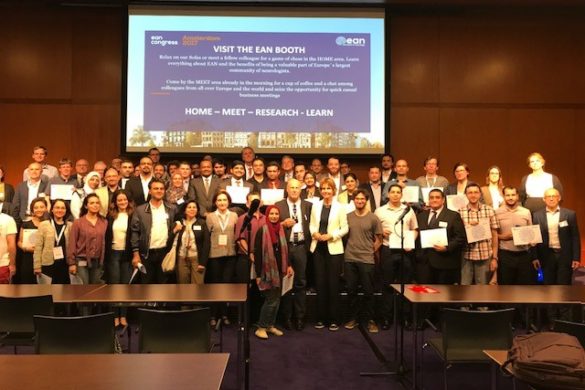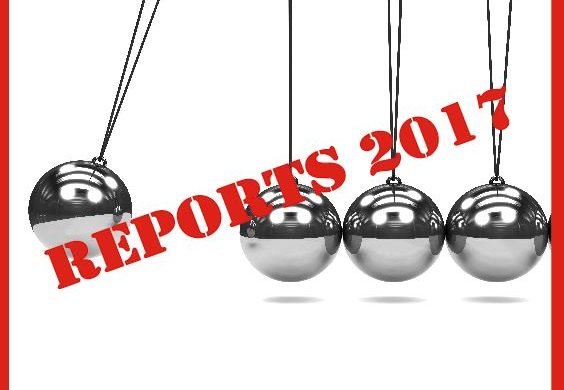Willem De Ridder, Oelegem, Belgium
Term of the Fellowship: 1.1. – 26.2.2021
Hosting department: Radboud UMC, Neurology Department, Nijmegen, The Netherlands
Supervisor: Prof. dr. C.J.M. Karin Klijn, Nicol Voermans and Nens van Alfen
In this final report on my EAN Clinical Fellowship, I start with a short introduction on what I already learned during my clinical residency, what my aims were regarding this fellowship abroad and how I indeed had the opportunity to achieve these goals.
I started my clinical residency in Neurology in 2014, and in 2015 I was given the opportunity to start full time scientific research for my doctoral degree. A full year of clinical residency enabled me to see my research project in a broad clinical context. During this four-year period, I did weekly consultations at the neuromuscular reference centre of the University Hospital of Antwerp. In this specialised tertiary centre, I already had the opportunity to investigate numerous patients with myopathies. During a four-year period as a PhD fellow, I made the transition to a clinician-scientist. On the one hand, I had the opportunity to develop my skills as a neurologist with particular interest in neuromuscular disorders. I did (twice)-weekly consultations at the specialised consultation of the NMRC of the UZA. I particularly developed my skills in clinical electrophysiology (nerve conduction studies, EMG), in the interpretation of muscle MR imaging (particularly with regard to pattern recognition) and in myopathology. On the other hand, I had the opportunity to immerse myself in basic and more clinical science, working on research projects encompassing clinico-genetic studies in rare or novel inherited myopathies, as well as studies with the aim of resolving pathomechanisms of rare genetic or sporadic myopathies (sporadic inclusion body myositis).
In February 2020, during my last year of clinical residency, I successfully defended my PhD thesis.
Although I attended different very relevant summer schools, such as the Summer School of Myology in Paris (in 2017), the Metabolic Myopathies Focus Course (2016) and the MYO-MRI Training School (2016), it was crucial for my general development as a neurologist with a specific interest in neuromuscular disorders (and myopathies in particular) to visit another highly specialised neuromuscular center as a clinician.
Indeed, during my stay at the Radboudumc hospital in Nijmegen, I had the opportunity to broaden my knowledge and experience regarding neuromuscular disorders at this highly specialised centre. I did consultations with internationally renowned neuromuscular specialists, seeing patients with rare neuromuscular disorders under their supervision. The Radboudumc specifically has a very strong expertise regarding myotonic dystrophy, FSHD, plexopathies and mitochondrial myopathies. Furthermore, I followed unique multidisciplinary consultations, the highly specialised plexopathy consultation in particular.
I took part in many multidisciplinary (online) meetings: clinical neuromuscular meetings, scientific meetings, meetings on myositis, mitochondrial disorders.
At the clinical neurophysiology department, I further broadened my knowledge and expertise regarding nerve conduction studies, EMG and single fibre EMG. On top of that, I learned to perform and interpret two completely new technical investigations: muscle ultrasound and nerve ultrasound. I learned about the strengths and pitfalls of these examinations.
My stay in Nijmegen broadened my horizon in many other ways: 1) seeing the impact of differences in healthcare organisation (centralisation of patients with specific disorders and expertise); 2) learning from differences in clinical neurology training and taking back the positive elements of the system in the Netherlands (teaching, open and direct feedback); 3) working with strongly developed guidelines as typical for the Netherlands (not having to reinvent the wheel themselves). I learned a lot of these organisational differences between the Radboudumc and the University Hospital of Antwerp. In the Radboudumc, diagnostic processes and technical investigations are highly organised according to specific protocols, as is typically the case in the Netherlands and not so much in Belgium.
This clinical fellowship aided me in growing as a neuromuscular specialist and neurologist. In general, my stay in Nijmegen was also extremely enriching for me as a person. I had some life lessons here that I will never forget. I will be forever grateful to my supervisors and colleagues in Nijmegen and I’m very grateful that I have had the chance to come here due to the EAN Clinical Fellowship.




